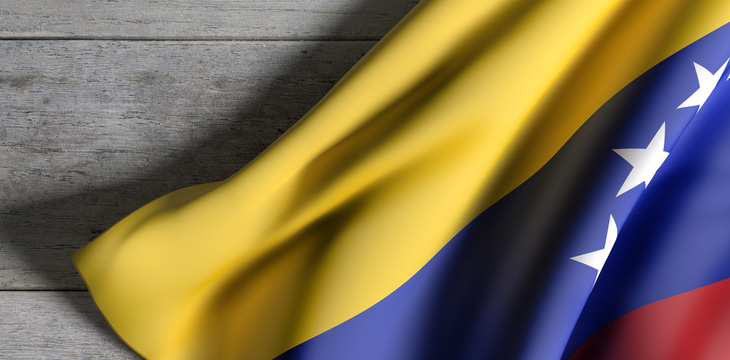|
Getting your Trinity Audio player ready...
|
The government of Venezuela has shut down three cryptocurrency exchanges as part of its “Operation Paper Hands,” local media reported.
Last week, the government’s Operation Paper Hands started its clampdown on the so-called illegal activities of cryptocurrency exchanges and financial institutions, resulting in the closure of three exchanges—Intersach, Rapidcambio, and AirTM. In a statement, Venezuelan Prosecutor General Tarek William Saab said last week’s crackdown has been the government’s biggest undertaking in its fight against illegal cryptocurrency-related activities.
According to reports, the exercise led to the arrest of 112 people, 107 of whom were brought to court. During the operation, 1,382 bank accounts containing more than 711,967 bolivars ($10.6 million) were frozen. Saab warned more action would be taken against any person wishing to engage in illegal activities. At the moment, the prosecutor general said requests were already lodged to block 247 more bank accounts, issue 40 new arrest warrants, and conduct 104 raids on suspected institutions.
RapidCambio has reportedly shuttered its shop following the clampdown, while the other two still have active accounts in other countries. Saab said the three exchanges’ platforms were registered out of Venezuela, and that they also used international parent bank accounts in the United States, Chile, Ecuador, and Panama.
In response to the clampdown, RapidCambio published a statement on its website saying that they have always demonstrated responsibility, honesty and seriousness. The company called the ongoing government action as “unlawful attacks,” saying their price operations have always been in line with the set laws of supply and demand.
Despite the crackdown, Venezuelan President Nicolas Maduro certified 16 cryptocurrencies exchanges in the country. He also announced the end of the pre-sale for Petro which started in February, claiming that the token sale has raised $3.3 billion. The 16 exchanges include Criptoexchainge, Criptocapital, Asesoria Financial CA, Italcambio, Amberes Coin, Cave Blockchainge, Valoratta Casa de Bolsa, Coinsecure.ve, Critiaechainge, Criptomundo Casa de Intercambio CA, Financieras 1444 CA and Criptoactivo Criptoes.
The 16 exchanges, according to state media Correo del Orinoco, were certified to facilitate Petro transactions in the international market. There was no confirmation if the “certified” exchanges have already agreed to list the state-backed cryptocurrency.
India-based Coinsecure was among the list of government-approved exchanges. In an interview with Business Standard, Coinsecure CEO Mohit Kalra said, “Venezuela wanted to add Petro as cryptocurrency on Coinsecure, so they can trade Petro against bitcoin [BTC] and the rupee.”

 02-14-2026
02-14-2026 




